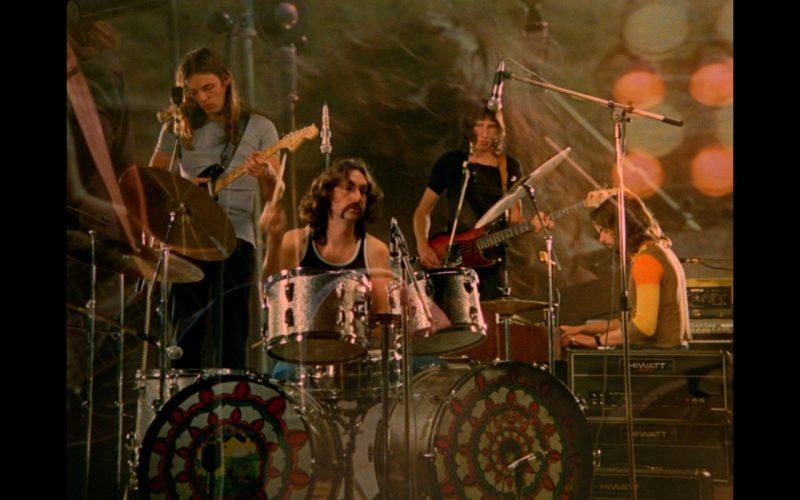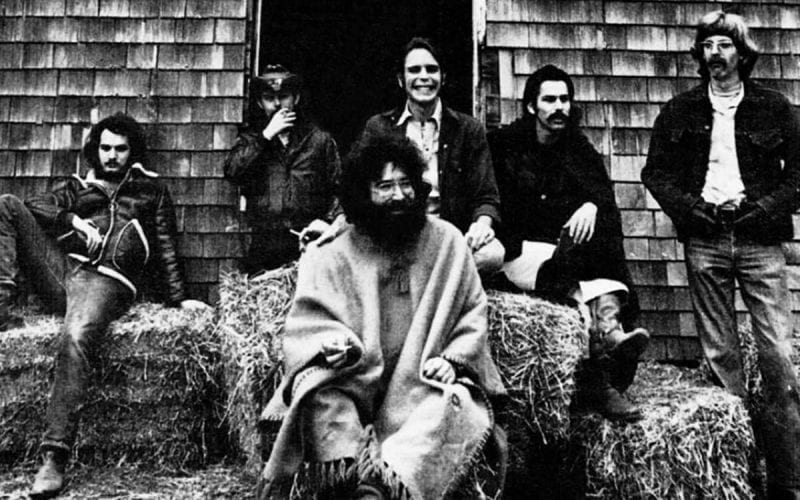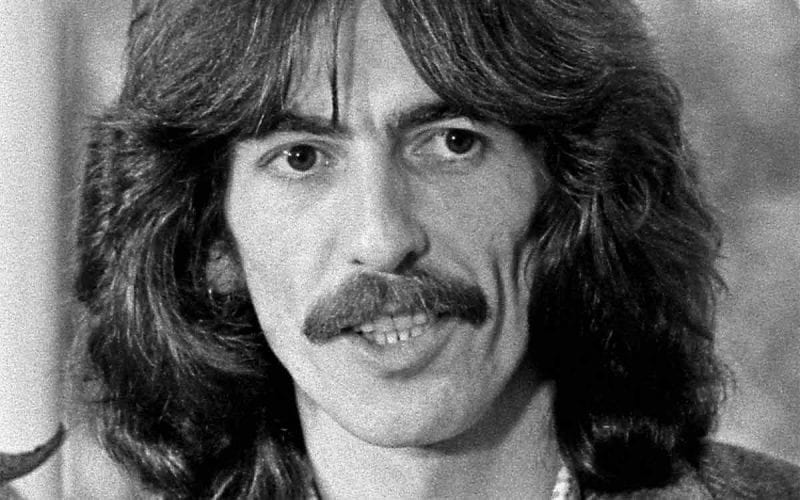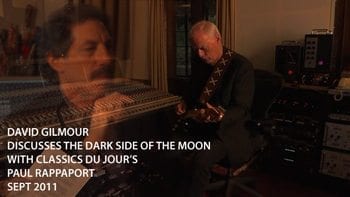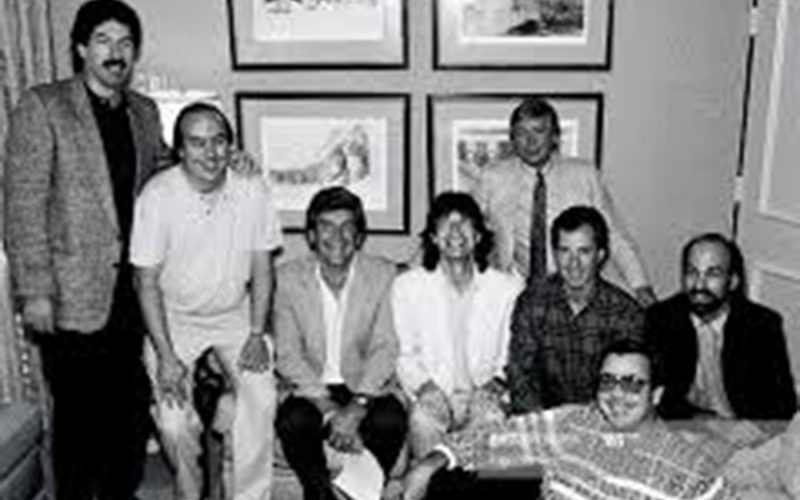
Willie Nelson once told me, “Paul, fame is funny thing. Some people really want it, but when it comes, they can’t handle it.” Echoing Willie, in an interview talking about Brian Jones, Mick Jagger said, “Fame doesn’t sit comfortably on anyone’s shoulders. But some people’s shoulders don’t seem to fit it on at all.” The story goes, Brian’s ego became very inflated and he just couldn’t deal with all the fame and craziness. That led to drugs, bad behavior, and the Rolling Stones having to eventually fire him. All of it eventually led to his untimely death. Of course, that’s the ultimate price to pay, but what got me about that statement was Mick Jagger saying that fame doesn’t sit comfortably on anyone’s shoulders. Meaning, including his. Now that’s some real insight.
The effects of fame can become much more to deal with than any of us realize. I once got a glimpse of what Jagger was talking about in a way I never expected.
Mick and I were seated in first class on a flight to Dallas to do some promotion work for his first solo album, She’s The Boss. We were delayed for a while on the runway and word got back to the rest of the passengers that Mick was on board. A flight attendant approached us and said there was a woman in coach who was a huge fan and wondered if Mick would please sign an autograph. Mick, wanting to be nice, obliged. I pulled out one of his promo pictures from my briefcase for him to use. He wrote a nice note and the flight attendant took it back to the passenger.
Even though people had been aggravated by the delay, the mood on plane turned to all smiles as passengers witnessed a “good guy” superstar being kind enough to make a true fan very happy. Then, like out of nowhere, everything went sideways. The flight attendant returned, looking embarrassed, and informed Mick that the woman was now asking for another autograph for her daughter. Mick smiled and said something like, “Awe come on, one’s enough.” The flight attendant went back to the woman to explain and encouraged her to be happy—she’d gotten a professional picture of Mick and his autograph. But the woman became unbelievably incensed. We could hear commotion from the back of the plane as passengers began to try and calm her down. Loud arguments broke out, and all-of-a-sudden we hear the woman yelling to us from coach. “Who the hell do you think you are?!! Some kind of God?! I want another autograph! Is that too much to ask??” And, she went on and on yelling and saying some really belligerent things. Two flight attendants had to go back and calm her down. Mercifully, shortly after all the commotion, the plane took off which shifted everyone’s attention and things quieted down.
Absolutely gobsmacked, I looked over at Mick. “Does this happen often??” He shook his head in utter dismay and replied, “You have no idea.” I could read in his eyes the hurt and almost disgust at having to deal with the downside of fame in this fashion. I couldn’t believe people could act so ugly and especially after Mick had been so gracious—his reward getting berated. And things like this seemed to happen much more often than I ever knew.
When we landed, Mick told me not to walk with him, but rather behind by about ten feet with his security guard. He explained that if he walked by himself just wearing a hoodie, he could make himself small and nobody would recognize him. And amazingly, in an airport as big as Dallas, no one did. We all became a group again in the parking lot where a car was waiting for us. Mick took his hoodie off, no fuss, no problems. Except that I realized how constricting a life Mick Jagger must be living—forced to hide out from the public—forced to be alone and not be able to participate in a lot of natural situations that most of us would enjoy. Like perhaps something as simple as sitting in a café with a good cup of coffee. Mick can’t do that—he’d get mobbed.
More Backstage Access:
Me and Mick Jagger – It’s Only Rock and Roll but I Like It
I’d seen Bob Dylan use the same approach, trying not to be seen just by wearing a hoodie to cover his face. Once when we went for dinner in Greenwich Village Bob was wearing jeans and a simple black hooded sweatshirt. He buried his head as far inside the hood as he could. Nevertheless, some kid recognized him from across the street and ran right up to him. “Hey! You’re Bob Dylan!!”
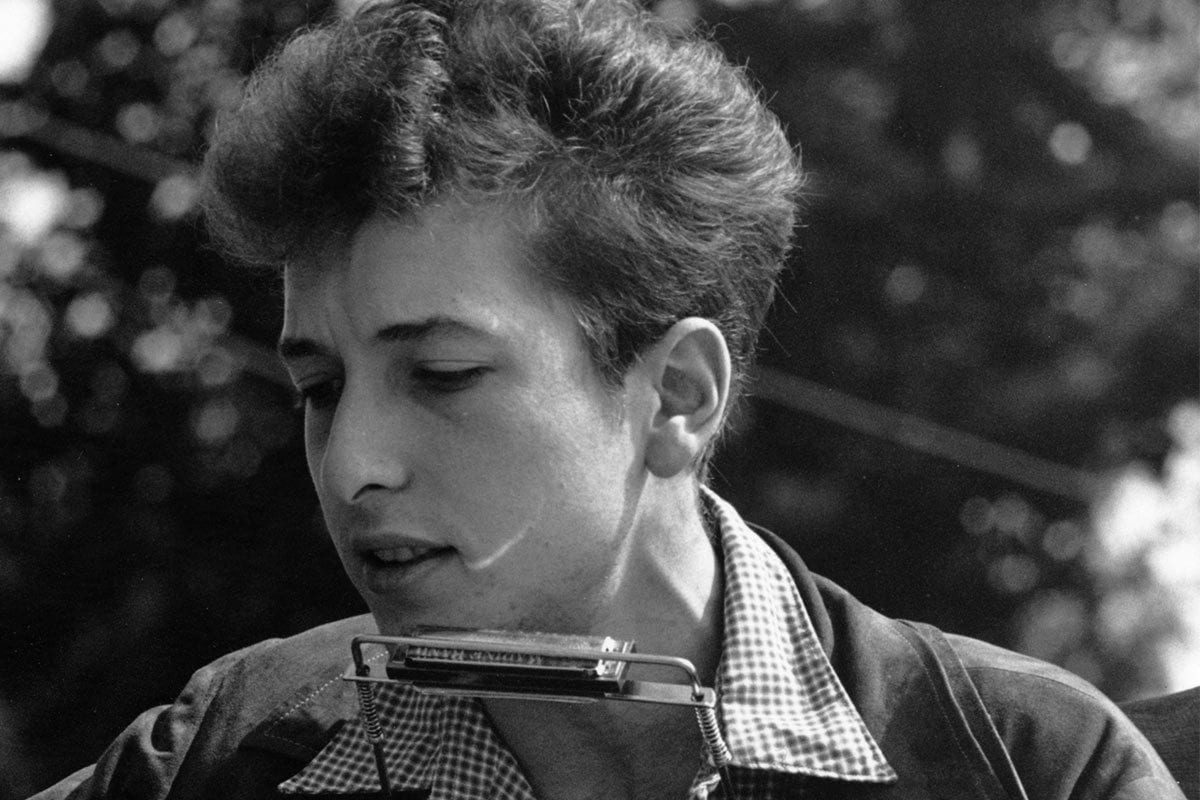
Bob, trying to ward the guy off replied, “Nah, nah, I get that all the time. I’m not him.”
The kid persisted, and Bob tried his best, “No, really, I’m not him.” The scene became rather comical because the problem was, no matter what Bob said, he said it in that all too-familiar voice, sounding exactly like Bob Dylan—how could he not, he’s Bob Dylan! I couldn’t help but laugh. Bob shot me a “this is not funny” glance. The kid finally gave up and walked away.
A former mutual friend, Debbie Gold, once told me a very enlightening Bob story. One day in England, where Dylan is even more revered than in the U.S., Bob put on his hoodie and went to the London Zoo. With so much to see there, no one seemed to even notice him. At the end of the day, one of the operation directors found him sitting high on a small rock formation just taking it all in. He looked up at Bob and said, “Sorry Mr. Dylan, it’s closing time, and I have to ask you to leave.” I’m not sure if the guy always knew Bob was there, or just recognized him when he realized there was one person left who was still in the park. Either way, no one had bothered Bob all day long. Debbie said that Bob told her, “It was one of the greatest days of my life.” Just being able to go to the zoo and feel like a normal person.
Once he and I were talking in my office about raising kids and I told Bob, being a child of the 60’s, I was worried when the kids got older how I was going to explain the many drugs I’d used and had experimented with. He looked at me and said, “Just tell them some of it, you don’t have to tell them all of it.” He continued, “At least you have a choice, everything I’ve done, all the drugs, the women, it’s all been blown up big in the press. I’m busted.”
More Backstage Access:
Jimmy Carter: Rock & Roll President – Plus Personal Insights on Gregg Allman & Bob Dylan
Growing up playing in bands, I used to marvel at the way young female fans would throw themselves at famous pop stars, trying to rip their cloths off. I thought, ‘Wow, that must be great.” But in Keith Richards autobiography, Life, he explains that it was downright dangerous. When fans were literally ripping off his clothes and clawing at him it turned into a mob mentality. He said it could become violent and scary, and sometimes he was afraid for his life. Keith also relates, “I think the reason I was taking heroin was to deal with fame and pressure and it’s one way to run away.” Imagine, fame becoming so powerful that you have to run away from it.
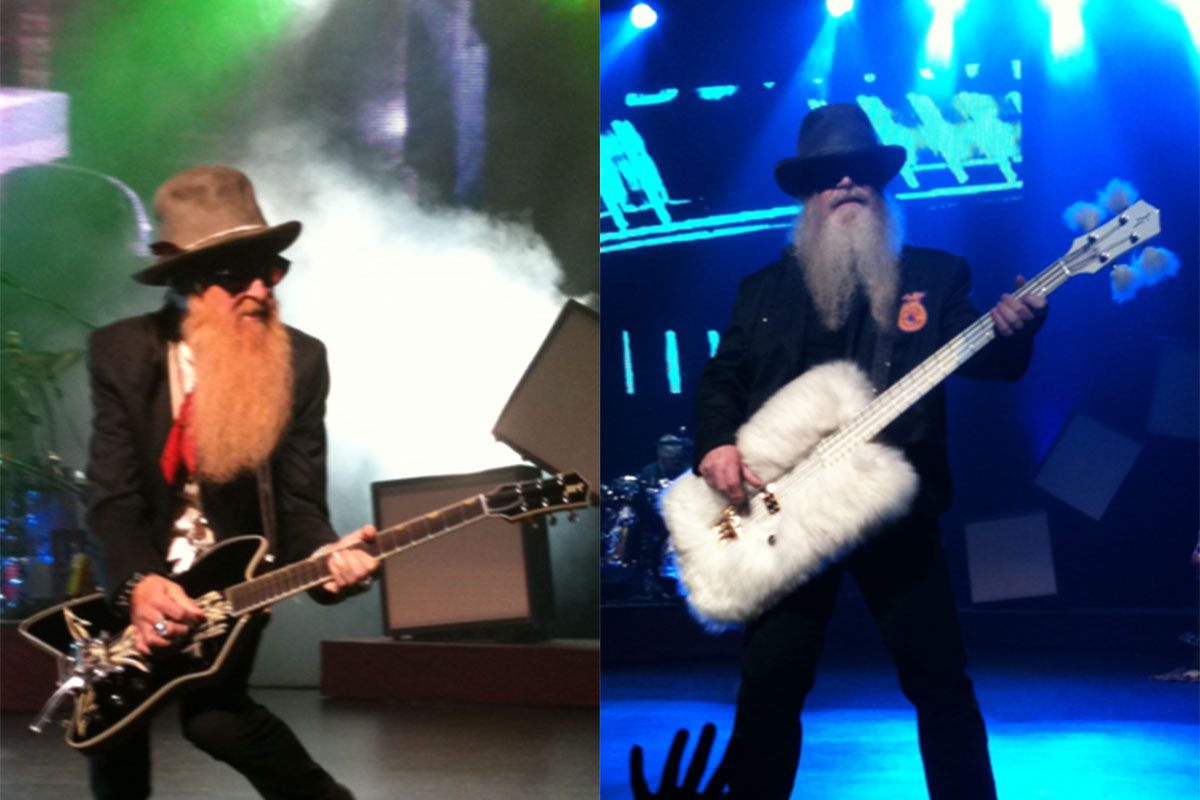
Indeed, the late, great, Dusty Hill of ZZ Top reported that he was so used to people treating him solely as a celebrity that he actually once disguised himself and got a job as an airport baggage handler to see if people would like him for who he was, not just because he was famous.
Pink Floyd drummer Nick Mason told me that one of the reasons he learned how to fly was because he wanted to prove to himself that he was capable of accomplishing something on his own, achieving a feeling of self-worth beyond just being famous for playing in the band.
On the surface, many of us feel like it would be great to be famous. But clearly, when it becomes overwhelming, a real dark side can show itself, and you could easily find yourself living in another universe.
ZZ Top’s Billy Gibbons actually describes fame as “a burden.” Based on my experiences, it appears that fame may just not be all that it’s cracked up to be.
More Backstage Access:
Herbie Herbert and the Incredible Story of Journey
Until next time,
Rap~
© Paul Rappaport 2022


